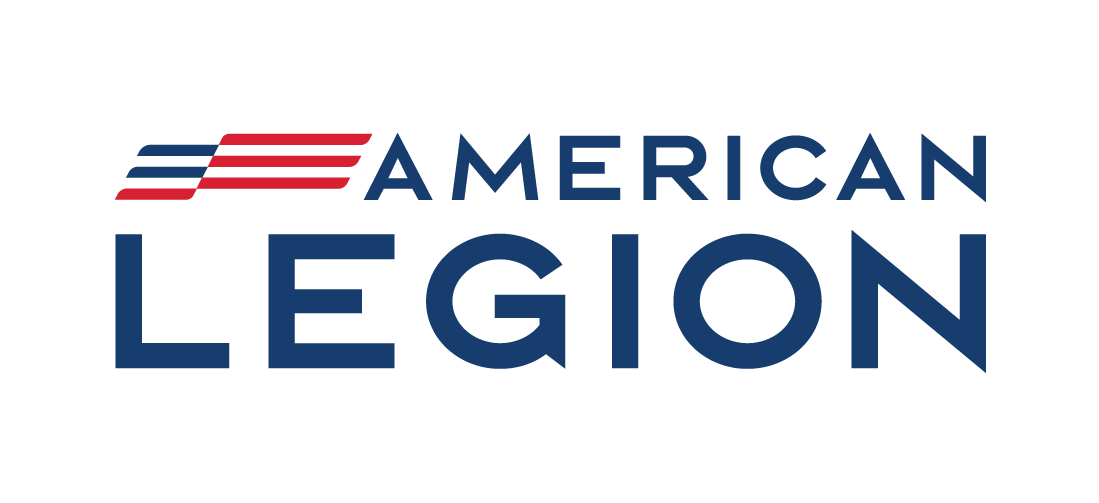Photo by Pixels
Strategic Steps for Veterans Who Want to Buy a Home
By Rhonda Underhill
Buying a new home is a major milestone in life. If you are a veteran in the market for a new house, the American Legion Chief Pontiac Post 377 invites you to consider these strategic steps to help you navigate the process and find your dream home at the right price.
Prepare Your Finances
The first step in purchasing a new home is to analyze your finances and determine a price range you can handle. Begin by getting a free credit check since your score can determine your likelihood of loan approval and optimal loan terms.
If your credit score should be higher, there are steps you can take to improve it:
● Pay off as much debt as possible (especially credit cards)
● Report any errors you find
● Pay your bills on time
● Ask your credit card company for an increase in your credit line
For additional financial guidance, contact veteran-friendly banks, accounting firms, or financial institutions that may be able to help you.
Next, analyze your income and projected expenditures to determine a reasonable budget for your new home. For expenses, don't forget to include projected utility payments, HOA fees, property taxes, and mortgage insurance.
To find your price range, check out local listings first to get an idea of average home prices. For example, in the Village of Clarkston, the median home price is currently listed as $380K. Obviously, home prices fluctuate depending on the neighborhood, so use an online loan calculator to estimate monthly payments under several scenarios. By having this information before you begin the house hunt, you can target your search to homes you can afford.
Secure the Best Loan
The type of loan you take out may also impact your price range. Conventional mortgages with fixed or adjustable rates are available to most buyers, and Federal Reserve mortgage interest rates remain low; however, research suggests that VA loans are often a better option for veterans. Backed by the Department of Veteran Affairs and only available to U.S. military personnel and veterans, VA loans offer several advantages:
● No need for a down payment
● No requirement for mortgage insurance
● More flexible credit requirements
● Better interest rates
Not needing a down payment can be especially helpful because the money can be used to cover other expenses, such as inspection and appraisal fees, closing costs, and moving expenses. You should also compare loans from several financial institutions. Loan terms, interest rates, closing costs, and other fees can vary, so do your research to ensure you get the best deal. Next, try to get preapproved for a loan. Preapproval puts you in an excellent position to act quickly and negotiate prices when you find the right house.
Find Your Perfect Home
Once the groundwork has been completed, contact a real estate company and start your search. Your agent can provide helpful information such as how location and timing can impact price. Make the search more efficient by clearly communicating your price range, available cash, neighborhood preferences, and must-haves to your agent.
Once you've found your dream home, it's time to make an offer. With the leverage of loan preapproval, your real estate agent may be able to negotiate the price.
You can also try to get the seller to pay some of your closing costs, which usually range between 2% and 7% of the purchase price. If the seller is unwilling to budge on closing costs, don't despair. You can look for other loans or lenders, or even pull out and find a less expensive home.
Searching for and buying your dream home can be both challenging and exhilarating. By doing your research, preparing financially, and taking advantage of veteran-specific resources, you can make the process less stressful and increase your chances of successfully acquiring the perfect home.
"Rhonda Underhill is a classic example of a health scare leading to a complete lifestyle change. She hopes her site, Getwellderly.com, can encourage adults approaching their golden years to get serious about their physical health now rather than later."
